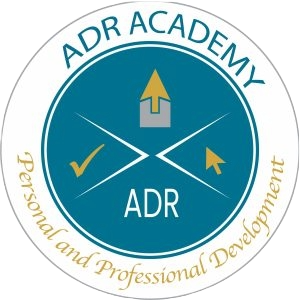Short Course Description
The main purpose of this course is to increase suicide awareness. Suicide awareness can help with recognizing risks and providing supportive resources. Suicide awareness can also be beneficial to attain goals such as: learning and employing adaptive behaviors such as seeking for help; greater knowledge about suicide facts and resources, and more constructive attitudes; effectively responding to suicidal-related situations; and making appropriate referrals [communicating with authority figures] (Hamilton & Klimes-Dougan, 2015). At the conclusion of this seminar, participants will be able to: • Reflect on their personal and professional assumptions about suicide. • Identify a number of factors that might contribute to the development of suicidality in an individual. • List four common elements of empirically supported suicide prevention programs. • Recognize both acute and longer term risk factors for suicide attempts or completion. • Identify common elements of treatment models for working directly with suicidal ideation and behavior. • Describe prominent themes in the bereavement of persons bereaved by the suicide of a loved one. • Identify various intervention options for individuals and groups impacted by suicide. • List common elements of interventions for suicide loss survivors. • Begin to formulate plans for suicide prevention and intervention in one’s current work setting.


